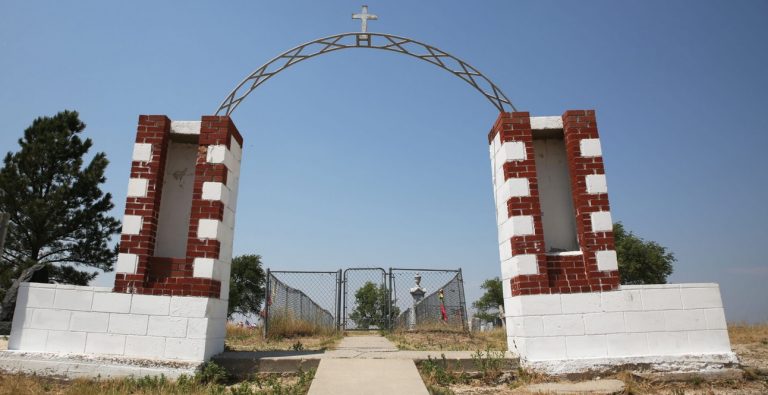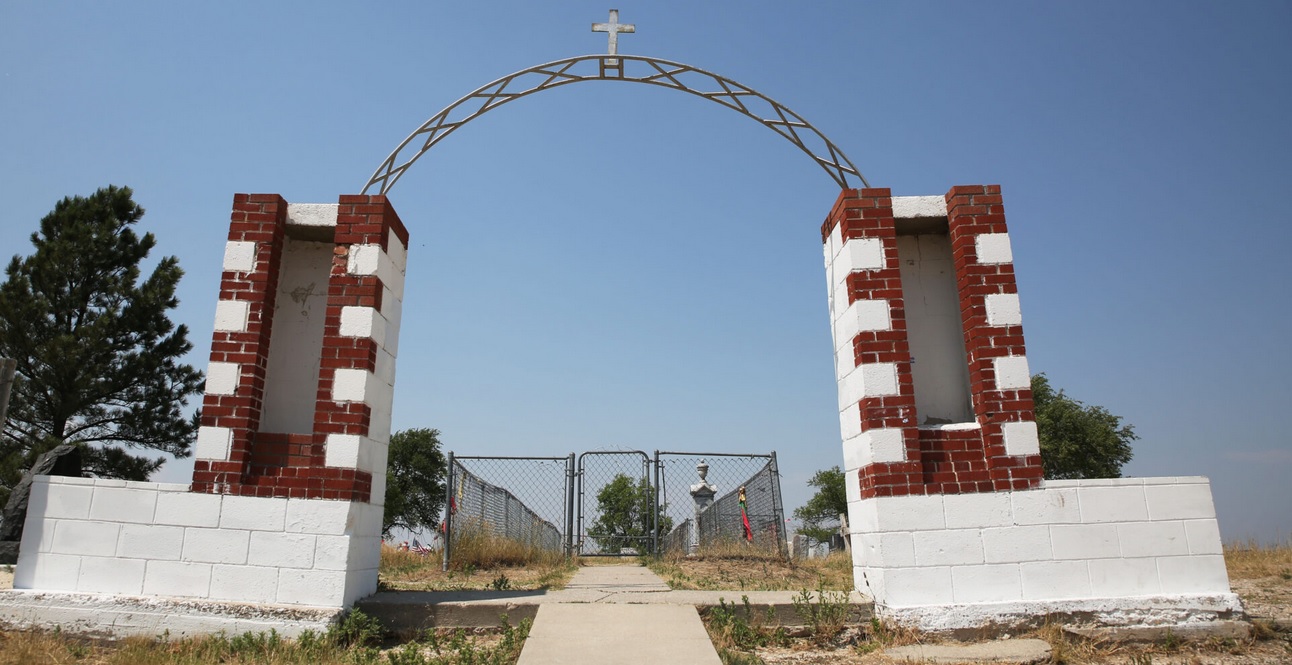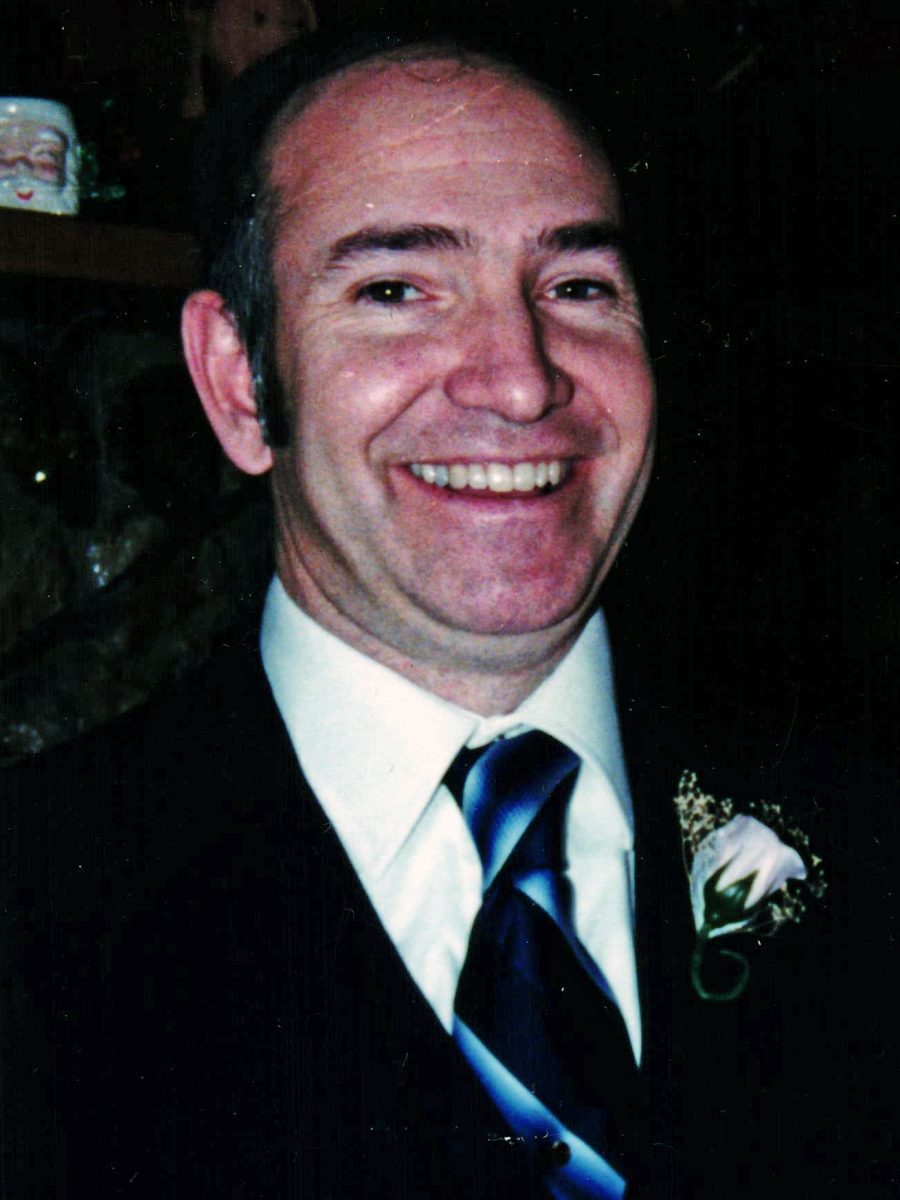ABERDEEN — The caseload of defendants who can’t afford a lawyer has increased exponentially in Brown County in recent years, and public defense costs for criminal cases have more than doubled in the last decade in the county and across the state.
That’s putting increased pressure on the county to cover the costs for the attorneys, but without extra revenue.
“It’s an unbelievable expense,” said Tom Cogley, an Aberdeen-based attorney and a member of a task force studying the problem. “I personally have always felt it’s a little unfair to put it all on the counties, so I hope that, at least from my standpoint, that’s one of the key components that comes out of this task force.”
On Wednesday, Brown County hosted the first of 10 listening sessions across the state where representatives of counties, the courts and the public can share their concerns and potential solutions with the Indigent Legal Defense Task Force. Gov. Kristi Noem signed legislation to create the task force earlier this year after lawmakers passed a bill supported by South Dakota Supreme Court Chief Justice Steven Jensen.
Jensen is concerned about the sustainability of South Dakota’s “hodgepodge” approach to meeting its constitutional obligation to provide legal services for indigent defendants. Three counties have dedicated public defender’s offices. The rest, like Brown County, contract with private attorneys or have attorneys on call.
With fewer lawyers in rural areas and higher-paying legal work available through private practice or in federal court, Jensen said during the first task force meeting, “judges are having more and more difficulty finding counsel to represent indigent defense in criminal and juvenile cases.”
Brown County has about 2,000 indigent cases a year, most of which get appointed and contracted to a group of about eight attorneys in the area. The attorneys receive a monthly fee from the county based on the contracted services. While defendants are expected to repay the county at a lower rate than a standard private attorney’s fee, that doesn’t always happen.
Fifth Circuit Court Judge Tony Portra suggested raising the court costs indigent clients pay back, establishing stronger financial accountability for indigent clients, and putting some of the money toward the state indigent defense fund, which is designed to cover excessive indigent defense costs.
“In my experience, it’s 10% of people committing 90% of the crimes,” Portra said. “That core group should have a stake in paying for services.”
South Dakota is one of only 11 states to use local rather than state dollars to pay for the vast majority of public defense. When South Dakota’s courts were reorganized into a unified judicial system in 1975, the system made paying for judges and courts the state’s responsibility, but left indigent defense costs to counties.
“While I know counties and municipalities like to have local control – and I think that’s very important in politics,” said Mark Anderson, interim Brown County state’s attorney and former magistrate judge for the Fifth Circuit, “local control in this case should be overruled for the needs of many, and that would be done at the state level.”
Brown County has looked into creating a public defender’s office, but Portra said public defenders wouldn’t help rural counties.
“Aberdeen, like many places, is having a harder and harder time even getting attorneys to come and fill positions,” Portra said. “To think about who would be the head public defender – the experience required, the money required to get someone to accept that position and forsake all other cases – I don’t think that’s feasible anymore.”
The contract system allows Brown County to use several attorneys with varying skills and experience, he added.
“Many of these people, if you were in trouble and had money, that’s who you would go out and hire anyway,” Portra said. “So our indigent defendants are getting very, very good representation.”
Those in attendance were also receptive to a proposal to have appellate work and habeas cases – such as those brought by people already in prison – handled and funded at a central state level.
Appeals are a “completely different animal” that can be difficult for local attorneys to juggle while focusing on other cases, Cogley said.
Having a central office handle appellate cases could help speed along the process, Portra said, and would be more fair to defendants so they wouldn’t rely on an attorney “who is trying to cram in between appearances.”
Listening sessions will also be held in the Black Hills, Pierre, Vermillion and through a virtual meeting, among other locations, before the task force’s next meeting on June 20.













